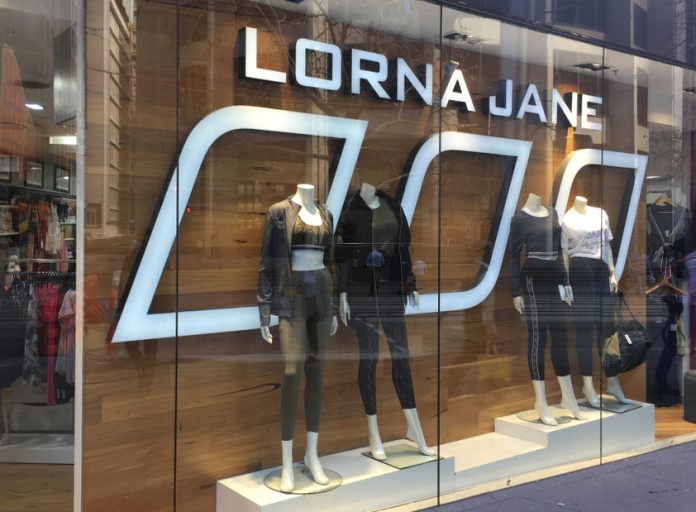Just Jeans, Lorna Jane and Peter Alexander have been put on Oxfam’s naughty list ahead of the silly season.
The human rights organisation has called out those brands, as well as Myer, to be open about how and where they manufacture their clothes to help lift the women who make them out of poverty.
Oxfam Australia chief executive Lyn Morgain said some brands had failed to make commitments to ensure the payment of a living wage during the pandemic — a time when the industry has grown, yet many garment workers have lost their jobs.
A living wage means enough money is earned to cover basic essentials for a family including food, housing, health care, clothing, transport, education and some money for unexpected events.
“Sunlight is the best disinfectant, which is why transparency around issues of power, whether business or politics, is so important,” Ms Morgain said.
“Three major clothing companies in Australia — Lorna Jane, Myer and The Just Group — have failed to take the basic step of publishing key information about where they manufacture their clothes.
“It’s particularly disappointing to see brands that promote the wellbeing of women, such as Lorna Jane, failing to be transparent about the factories in which their clothes are made.
“This supports a culture of secrecy that is harmful to the wellbeing of all women, including those who make our clothes, and entrenches the massive power disparity between brands and garment workers.”
Subscribe to our free daily news feed. Go to Subscribe at the top of this story and add your name and email. It’s that simple.
While those three companies have found themselves on the “naughty” list, others have taken positive steps towards backing up their commitment to a living wage.
Those on the “nice” list include Best & Less, Big W, Bonds, City Chic, Cotton On, Country Road, Dangerfield, David Jones, Forever New, Gorman, H&M, Kmart, Mosaic brands (including Rivers and Katies), and Target.
Oxfam’s recent report, Shopping for a Bargain, reveals that poor business practices, including aggressive price negotiation, inaccurate forecasting of orders, short lead times and last-minute changes to order, are having a profound impact on the lives of workers.
Meanwhile, other brands such as Jeans West and Zara have made some progress, but still have work to do to catch up to the nice brands on their living wage journey.
“This Christmas, we want shoppers to demand better from the brands they love so that our celebrations don’t come at the expense of the women who make our clothes and their families,” she said.





